At a glance
PlayWorks, the West Lothian charity behind family hubs, play sessions and outreach into more isolated communities, wanted two things at the same time:
- Evidence of impact which they could share with funders, sponsors and internally.
- A simple, unified system which their staff (many of whom weren’t tech-confident) could actually use across multiple venues.
They had almost gone ahead with another platform (Upshot) but hesitated because they needed something more future-proof, more flexible on referrals and more open to integrations. They opted for Makerble instead and now they have a setup that covers registrations, attendance, outcomes, notes, safeguarding flags and reporting – all in one place. They went live in September 2025.
About PlayWorks
PlayWorks is based a few miles west of Edinburgh in Scotland. They run a mix of:
- family support sessions
- children’s groups
- baby massage and early years activities
- outreach/mobile play
- social enterprise childcare (e.g. Simply Play, Wonder Woods)
- sector training
They work across several sites in Broxburn and Armadale; and they also do outreach. Over time each site had evolved its own way of doing registrations, sign-ins and notes. That was great for day-to-day delivery, but hard for leadership to turn into a single, confident story of impact.
The starting point: lots of activity, scattered data
A few pain points were clear from the outset:
- Paper and pen admin: huge folders of registrations; paper registers for events; Word documents per family to hold chronologies.
- Three (really four) different ways of doing things: each venue and the outreach team documented slightly differently, so reporting meant stitching things together manually.
- Ad-hoc outcome capture: some surveys in SurveyMonkey or Microsoft Forms, but nothing that tied baseline → follow-up → change-over-time to one person.
- New CRM needs: they wanted somewhere to manage corporate sponsorship, donations and any regrowth of their training/social enterprise offer – currently mostly in spreadsheets.
- Future-proofing anxiety: They didn’t want to buy software that would stand still for three years or lock them into a closed system.
- Staff confidence: They knew that some members of staff were not “not particularly confident with technology”, so it was important for their new approach to feel feel as easy to use as social media.
On top of that, they wanted the system to cope with real life: large families attending multiple services; safeguarding notes; different referral routes (Facebook message, partner referral, walk-in); and the ability to export everything if they ever needed to move.
What they wanted Makerble to do
Play Works' requirements grouped into five strands:
- End-to-end registration
- Tablet/QR sign-up for walk-ins.
- Parents or referrers complete forms themselves.
- Automatically create the contact(s) in the database.
- Where relevant, create linked parent–child records.
- Uniform group/event management
- Each group/session to exist as an Event in Makerble.
- Recurring/weekly groups to auto-repeat.
- People to be added as guests automatically when they register.
- Staff to record attendance in seconds.
- Ability to message just the guests on that event.
- Outcome and impact capture from day one
- Add a baseline to the sign-up form (“why they’ve come”, anxiety/wellbeing/self-care, emotional regulation, peer support, etc.).
- Then, at 3 or 6 months, send them the follow-up automatically or nudge staff to do it in person.
- Compare first vs most recent responses to show improvement
- A single place for notes and safeguarding
- Chronologies to live on the person’s profile instead of in separate Word docs.
- Flags for safeguarding/risk/important info that “follow” the person wherever they are in the system.
- Ability to link family members so an issue raised about a parent is visible in the right place.
- Lightweight CRM for the income side
- Keep track of funders, corporate sponsors and social-enterprise customers as Contacts.
- Track grant applications as Cases.
- Later on, create sponsor-specific dashboards/albums pulling just the metrics they care about.
Why Makerble was a good fit
There were a few things about Makerble which addressed the hesitations they had concerning Upshot:
- Flexible referral/sign-up pages
Different services can have different forms, and a form can both create the contact and book them straight into the right event. That matches their mix of referrals, Facebook enquiries and walk-ins. - Self-service configuration
New service? New outreach location? They can add it themselves without needing to ask or pay for assistance each time. - Automations without a dependence on automations
They liked that Makerble can auto-send the 3-month survey, but also that staff can just send it manually where a conversation is more appropriate (e.g. higher-touch family work). - Mobile-friendly with offline Android
Important because of outreach and staff confidence. - Open and exportable
They liked that they could export custom tables, survey responses and media. Knowing that they had the freedom to move on from Makerble if they needed to is one of the things that reduced the risk for them of adopting Makerble as their new system.
What’s different for PlayWorks now
- From paper folders to a single profile
Each family or child now has a profile where registrations, attendance, notes, photos and outcomes all sit together. - One way of doing things across four delivery contexts
The same pattern – sign-up → added to project → added to event → attendance → outcome – works for Broxburn, Armadale and outreach. - Evidence they can actually show
Because Makerble automatically compares “first” vs “most recent” survey responses, they can now tell funders not only how many families they reached but how many improved. - Quicker reporting to funders/sponsors
The team can download charts as PNG/JPEG and drop them straight into PowerPoint or funder templates. - Room to grow the social enterprise side
Their contacts for corporate/sponsorship/training now live in the same system as their delivery contacts, so they can grow that strand later without buying a second database.
Early results to date
PlayWorks only went live in September 2025 but already the team are benefitting from:
- consistent digital registrations from multiple venues
- attendance captured in real time
- baselines starting to come in
- staff beginning to add qualitative case studies with photos
- dashboards already usable for internal reporting
Over the next 3–6 months, as the 3-month follow-ups go out (some automated, some staff-led), PlayWorks will start to see the longitudinal change views that were the original driver for adopting a system.
The difference Makerble has made
When you strip all it back, PlayWorks weren’t just buying a database. They were buying:
- confidence that staff would actually use the platform
- confidence they could report prevention-style work better
- confidence that, if a funder asked for a slightly different breakdown, they could produce it
- confidence that the system wouldn’t box them in as they expand childcare/training again
Ultimately Makerble has given PlayWorks a holistic narrative of families reached, sessions delivered and change achieved; even when the delivery itself is playful, busy and spread across several buildings.
If you're like to know more about how Makerble could help you, schedule a demo or sign up to use the platform for free.

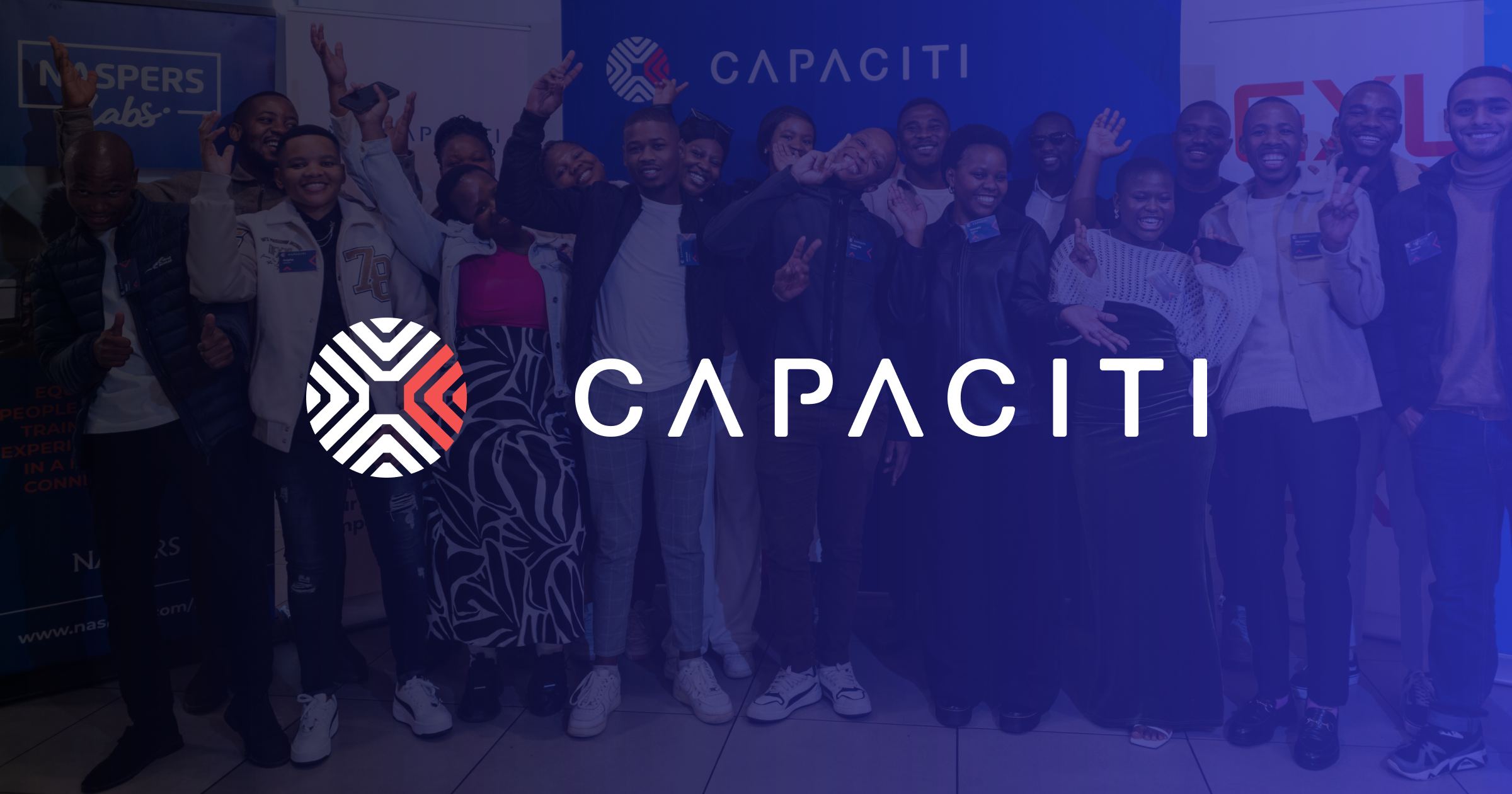
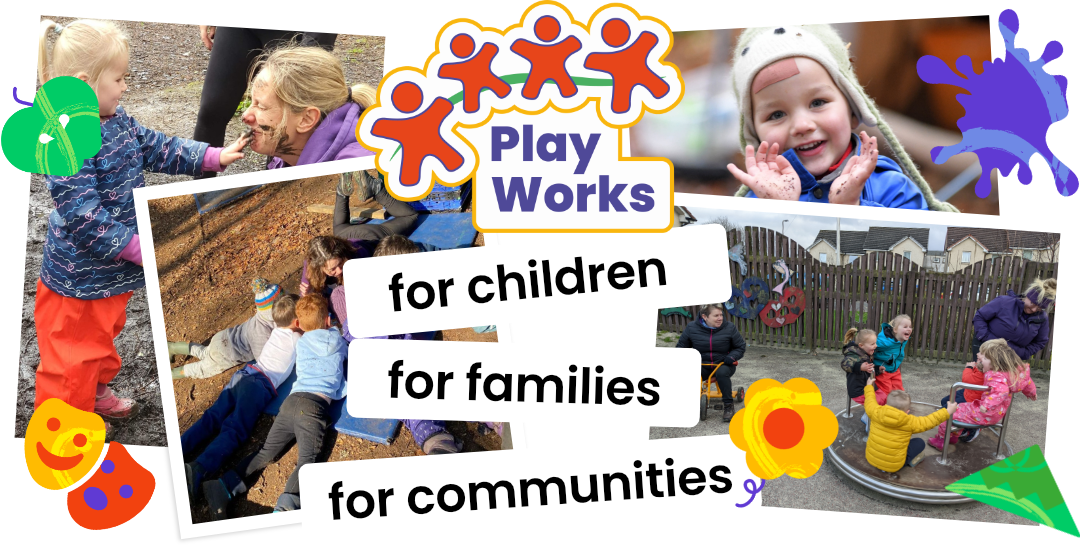

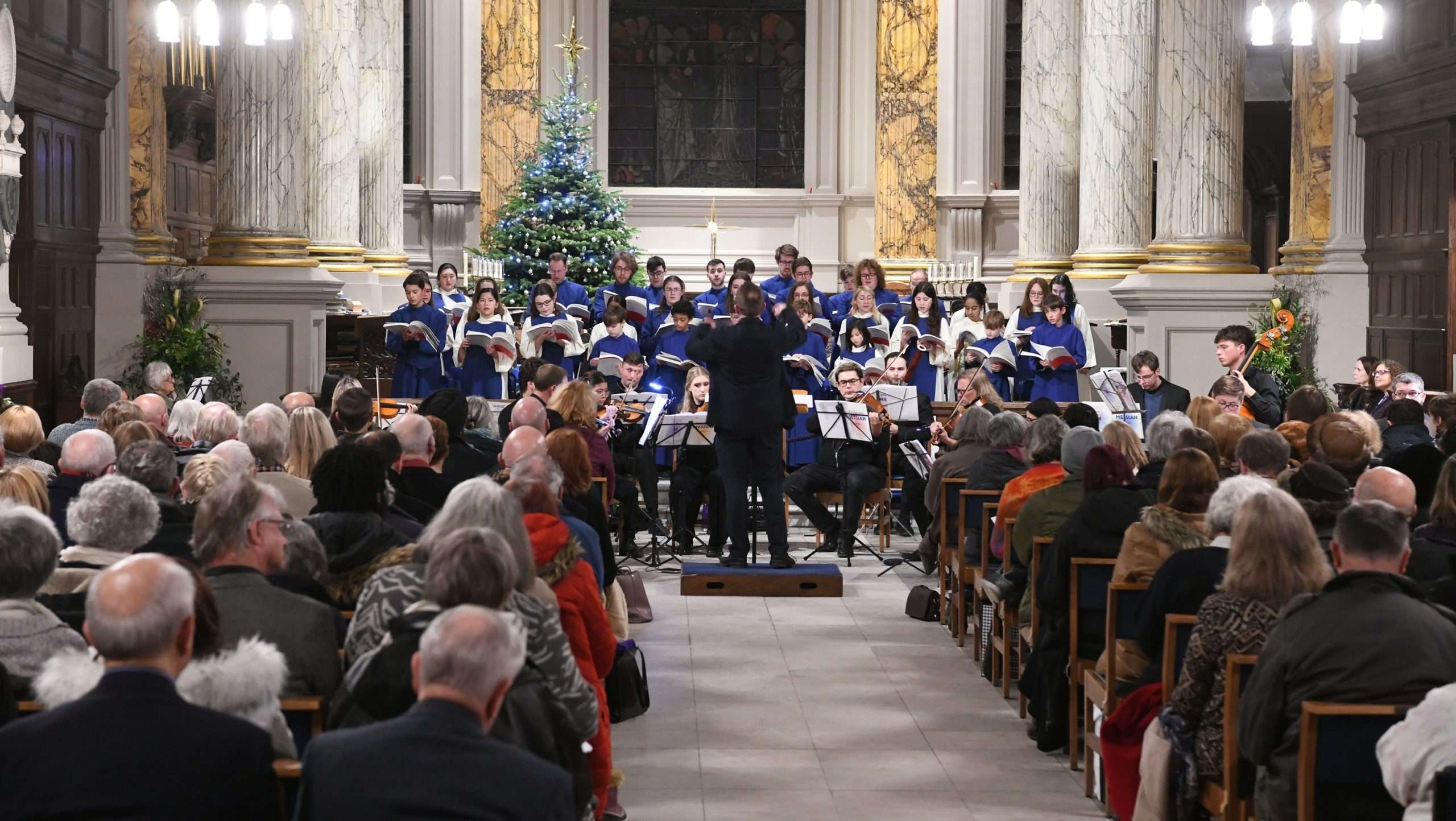








.jpg)
.jpg)

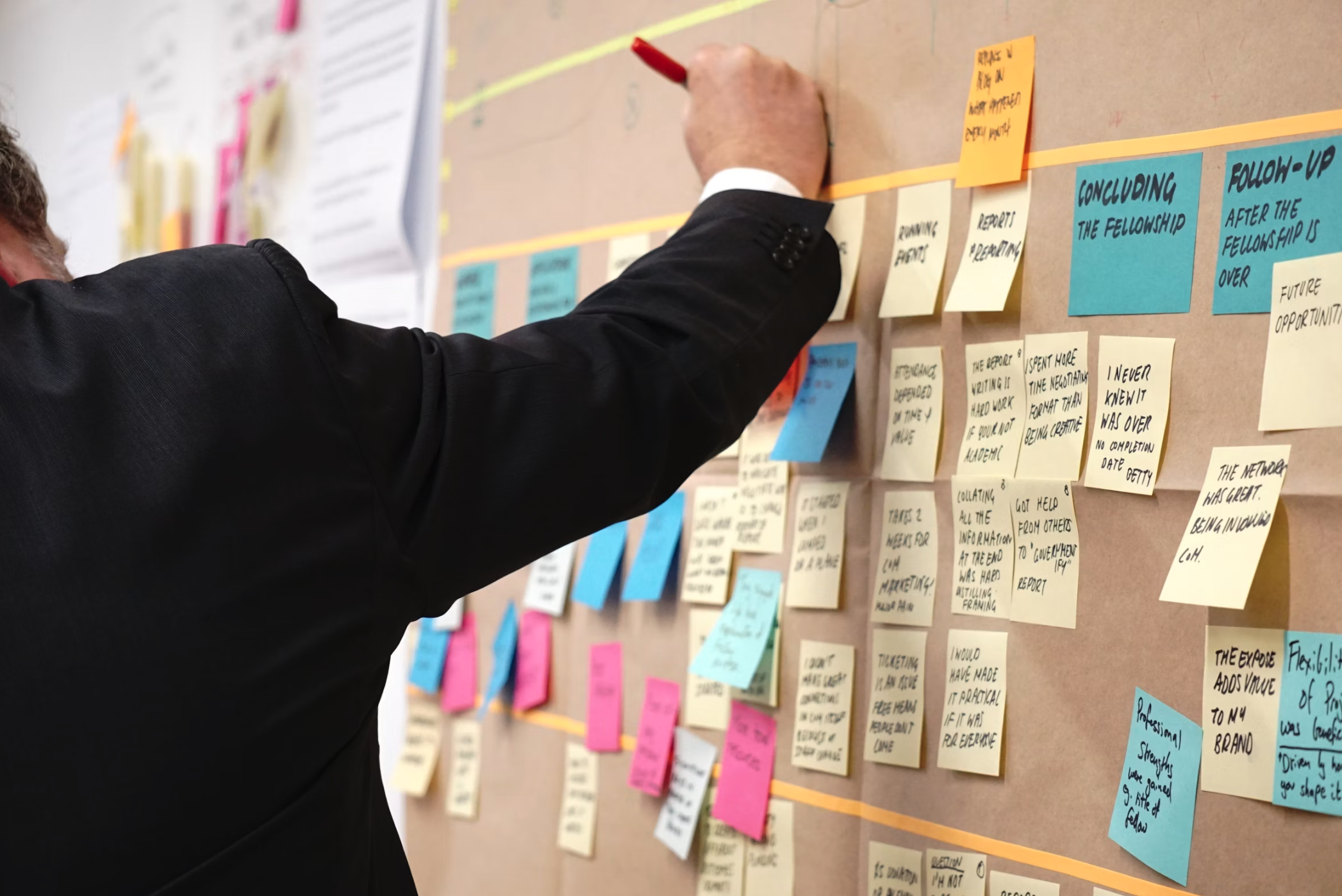
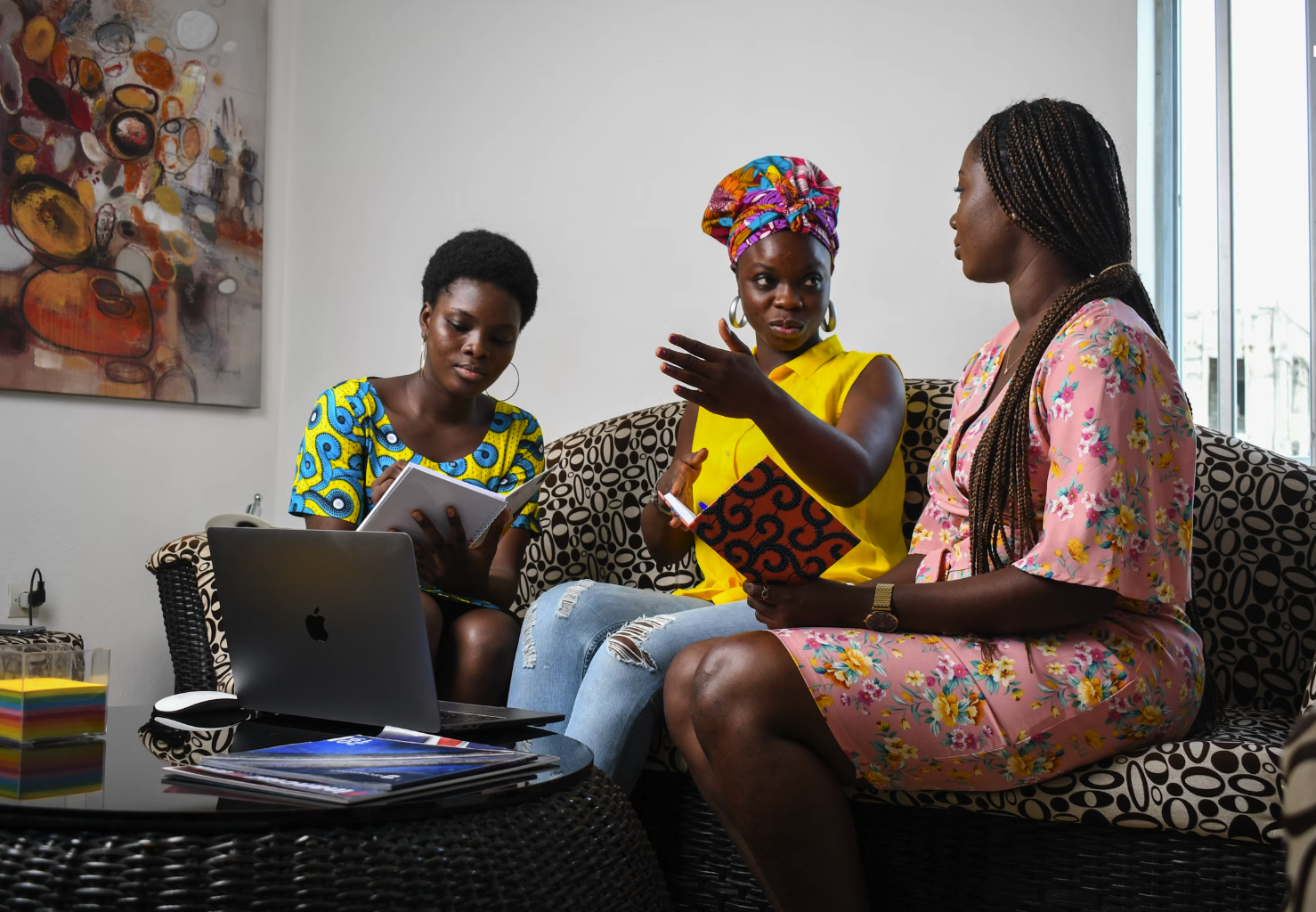

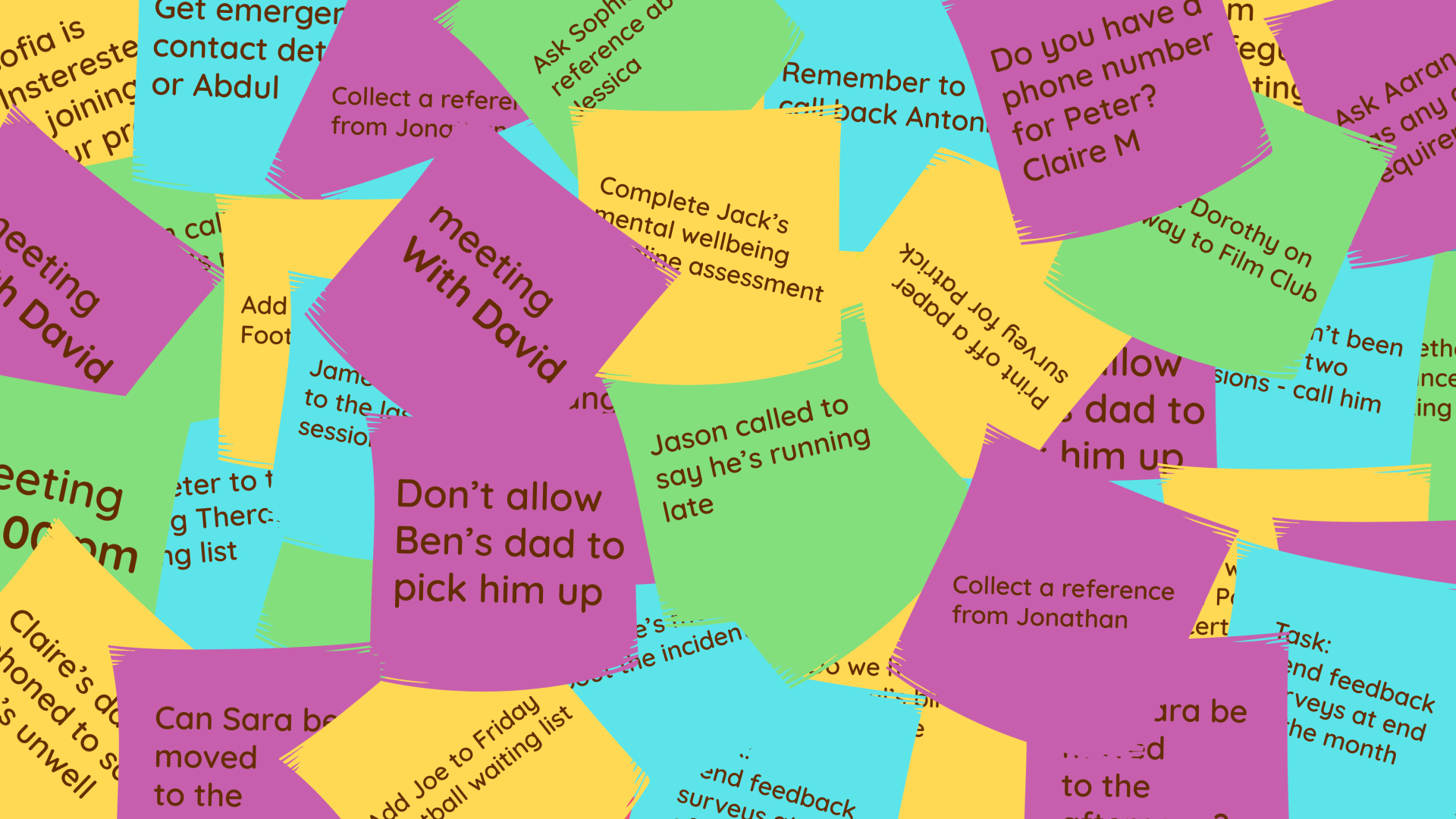



.png)


.png)






.png)

%208.png)





.jpg)




.png)

